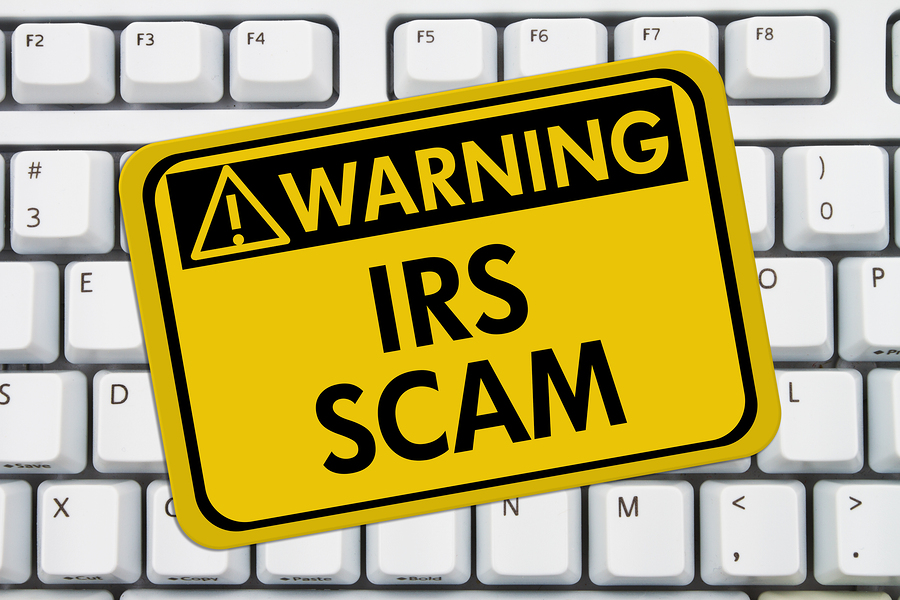
Photo by David Hegarty on Flickr.com
Did you get an email from the IRS? Maybe it said they owed you more money and they wanted your bank account number so they could direct deposit it. Or maybe it said that there was a problem with your return and they needed your social security number to verify they reached the right person.
Those emails are SPAM. Don’t open them, don’t click on the links, don’t open the attachments, and whatever you do, don’t send them any information.
The IRS is not going to send you an email asking you for information. If the IRS needs something from you, you’ll get a letter the old fashioned way. The only IRS e-mail that you might possibly receive is a form letter that says your electronic return was received (or rejected). It won’t say anything else.
The IRS will never ask you for your social security number by email; they already know it. They also know your bank account number, your date of birth, where you work, and a lot of other things. If you call the IRS, they might ask you those things—not because they don’t know the answers, but to confirm that they’re really talking to the person you say you are.
These fake emails may look very official. They often have the IRS logo on them. The links can be very deceiving. You’ll see something that says www.irs/importantmessage.com But if you click on it, it will take you someplace totally different. (Did you try clicking on that link? It took you to my Facebook page. Spammers can set up links to look like they’re real, but they’re not).
If you receive IRS spam, and have the presence of mind to do so, forward it to the IRS at phishing@irs.gov That’s a real IRS email address. This will give the IRS the opportunity to hunt down the criminals and put a stop to them. Don’t be mistaken: these phishers are criminals and they’re dangerous. If you don’t have the presence of mind to forward it, just delete it. It’s probably a good idea to run a virus scan on your computer too. Sadly, many of those IRS scam emails are booby trapped with computer viruses, some of them can even wipe out your hard drive.
I hate to sound so much like Chicken Little with the “sky is falling” routine, but I’ve gotten asked about these emails twice in two days. One person forwarded his email to me, fortunately my virus protection program picked up the problem before I opened it.
Remember, no matter how real it looks, no matter how official it seems; the IRS will never send you an email asking for personal information.

